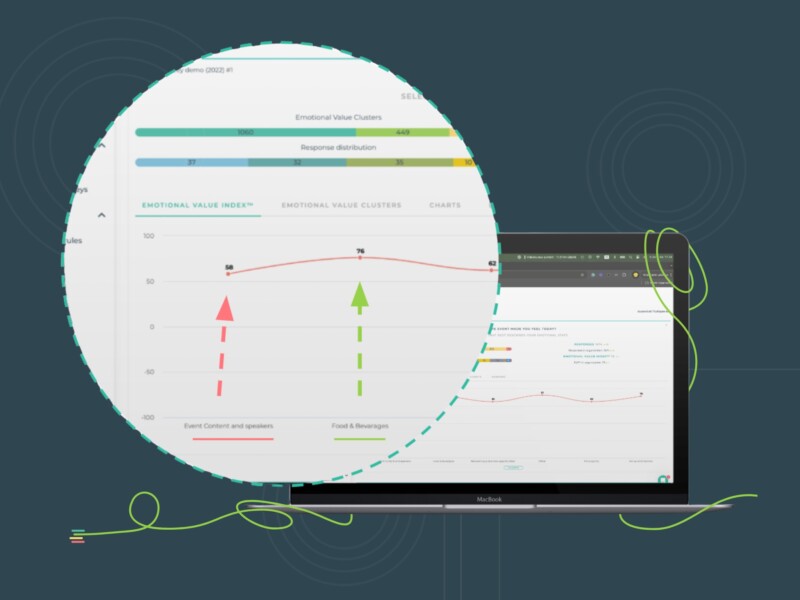No one can help you steer your business in the right direction more than your customers, and that’s why their feedback is so important. Gathering feedback regularly and having a good feedback management platform can help brands understand where they stand in the market and what needs to be improved.
Customer feedback is vital for enhancing customer experience and offering a seamless buying journey for your clients. It can give useful insights into pain points, opportunities, and customer requirements. In this guide, we will discuss how to use feedback to enhance customer experience and accomplish your business objectives.
Focus on Feedback from Multiple Channels
Customer feedback can come in both passive and active forms. Passive feedback is when customers express their ideas on your brand without being asked to, and these can range from an email of complaint or appreciation to a Facebook comment or reaction to your posts. Active feedback is when the brand takes the initiative to gather feedback, and this can range from surveys to analyzing customer support chats.
Let’s take a look at some types of feedback important for improving CX.
Surveys: Surveys are a great way to get responses on specific issues or touchpoints to address common pitfalls that your customers may face throughout the buying journey. It is also a great way to receive opinions from a diverse audience and a proactive approach to fixing problems. It will minimize negative publicity and improve loyalty.
Product Feedback: Ultimately, the core of the customer experience comes down to the product or experience you sell. In product feedback, your customer may provide feedback on issues with the product or features that may enhance their user experience. Product feedback helps you identify the needs of your target customers better and improve your offer.
Complaints or queries: Often the most concerning type of feedback, complaints can harm your brand image if they remain neglected. Acknowledging the problem and closing the feedback loop by resolving it if possible, can help improve customer satisfaction.
Prioritize Feedback that Matters First
Even when it comes to customer feedback, there are those that need immediate attention and ones that are irrelevant. Determining which feedback to prioritize will refine your response strategy and resolve pressing issues in the customer journey faster. It will improve the quality of customer experience and lead to higher satisfaction levels. This is where AI is especially helpful—tools like Feedbackly IQ analyze open-ended feedback for you, enabling you to save time, categorize, and prioritize feedback more quickly.
Also, did you know that with Feedbackly, you can set up alerts for high-priority feedback that demands quick action? This way, your team will know which fires to put out first before it does some serious damage!
Focus on Gathering Emotional Feedback
With emotions being a driving factor in customer shopping behavior, it’s essential to understand how customers feel when they engage with your brand and move from one touchpoint to another. While there are many surveys like C-SAT and NPS to gather feedback, EVI® stands out as the only metric designed to measure emotional experience. Brands can gather emotional feedback using EVI® surveys at any stage in the customer journey and even correlate it with financial performance metrics to understand the impact of emotions on customer experience and thereby, business revenue.
Being Perfectly Imperfect When Improving CX
No brand is perfect, and a seamless customer experience is one that stems from trial and error. Your customers are also aware that things can go wrong, but it’s your reaction to their feedback that determines their loyalty. Therefore, it’s important to acknowledge the feedback you receive from customers and keep them in the loop about the progress of the issue concerned. A brand that responds and recovers adeptly will benefit from high retention and loyalty levels because it shows that you care about the customer’s opinions.
By improving customer experience using feedback, brands can enhance their reputation and project their brand as one that’s empathetic and progressive. Constant improvements with feedback means your brand is becoming better by the day, and you can enjoy increased customer acquisition, loyalty, and retention. It will increase your revenue and propel the growth of your business.



